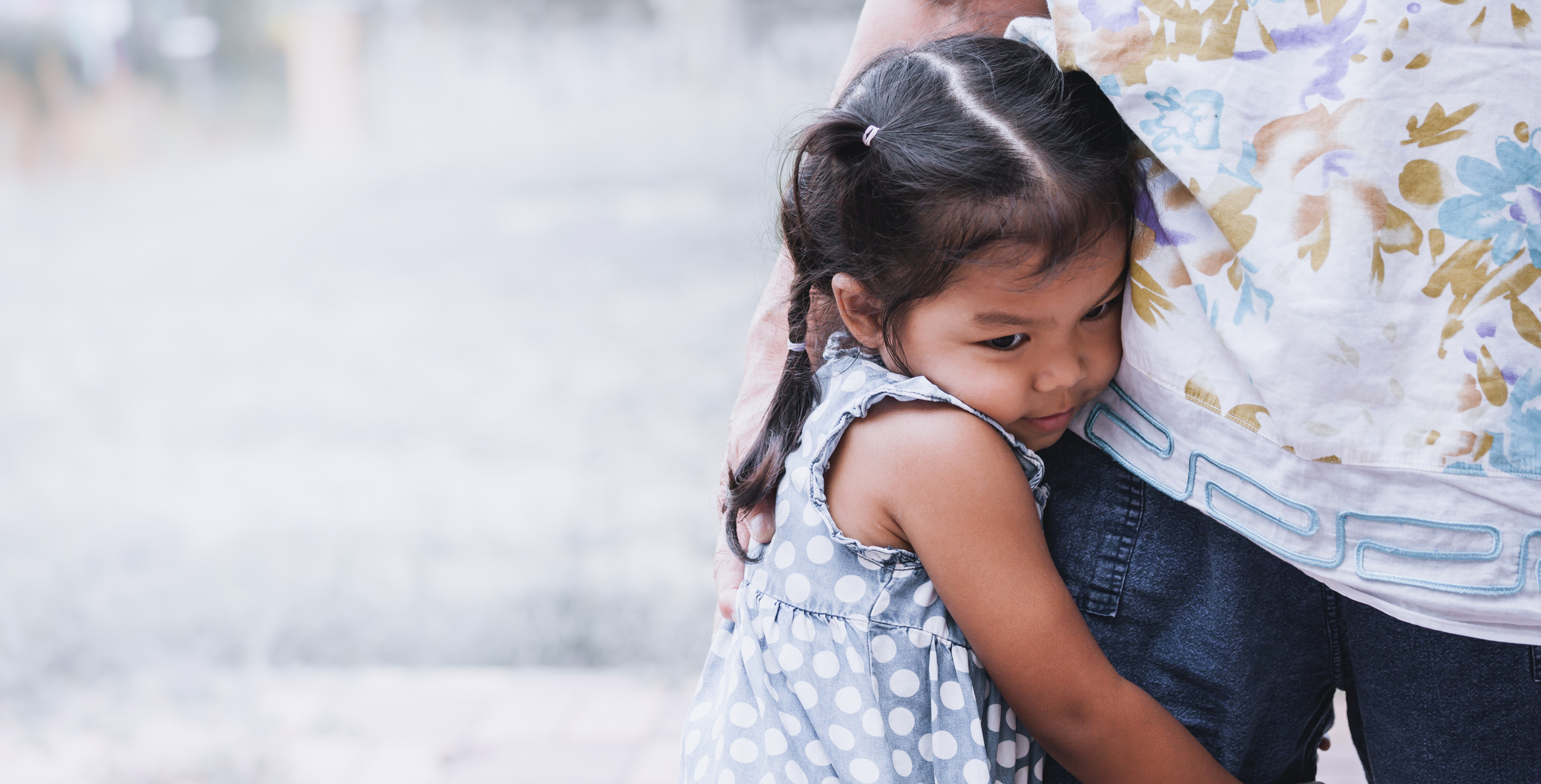As the days stretch into weeks with no clear end in sight, many of us continue to juggle work and parenting, and our children’s behavior may express their struggle with this new reality. The sudden stop to life as we know it affects us all and it can take a toll on our children in different ways. One mother told me that upon seeing his friends on Zoom, her three-year-old son became frustrated and said, “I want to go in there and join my friends” pointing at the screen.
To say the least, parents are struggling with their children’s loss of known routines and more significantly, the loss of their physical relationships with teachers and friends.
Take care of yourself first
As parents we need to be aware of our own anxiety and stress levels. To borrow a metaphor from our favorite airlines, it’s important to secure your own oxygen mask before helping others. This is especially important with young children since they are quick to feel our states of mind. Self-care isn’t just an Instagram fad, it’s actually essential to find time for yourself so that when you spend time with your child you are as present and calm as possible.
Ask Your Child What They Already Know
No matter how hard you try to monitor television and other news sources, children inevitably absorb different bits of information and create their own narratives. Not knowing why their lives are so different or only knowing some facts might be anxiety provoking for young children. It is important to speak very simply and truthfully, keeping in mind their ages and comprehension level.
Below is a simple script you can adjust to your needs after you asked them what they know:
Sometimes we all get sick with a cold or flu. Those can be caused by a virus, which is the very small thing that makes us sick. It is so small we can only see it under a microscope. Scientists and doctors know many viruses, but now there is a new virus we don’t know very well called Coronavirus or COVID-19. For most people who get sick with the Coronavirus their experience will be like that of the flu we know, and they will stay home, rest, and get better. You have nothing to worry about because this virus is not making kids sick, but other people, especially very old people are more at risk. Coronavirus makes people sick through contact, especially between the hands and mouth. In order to protect other people we wash our hands well with soap and when we go outside we stay apart from other people and wear a mask. Right now, everyone is trying to help by staying home as much as possible. We are not only helping older people but doctors, nurses, and other civil servants by following the rules. Even if it is hard sometimes we are doing a good thing for other people while we get to know this new virus.
After you have finished explaining the current situation to your child, ask them if they have any questions. It’s important to make this feel like an open dialogue and address their questions to the best of your ability.
Keep in touch with people in your child’s life
Many young children are very attached to their grandparents or other caregivers who they are likely now separated from. Some children will grieve this loss and others might worry about never seeing their loved ones again. For this reason it is important to make an effort to keep in touch with these as much as possible with regularity (hello, FaceTime!)
Pay attention to behavior changes
This transition to remote life may be especially difficult for younger children because connecting online is not yet a natural way of socializing for them. Some children may express their feelings outright but others, either younger or in greater distress, can exhibit signs of anxiety and low mood in less obvious ways. You should watch if your child becomes less active, loses their appetite, or has disruptions to their sleep. Some children will show their distress by becoming more angry towards themselves or others or regress into baby-like behavior.
As much as possible, play!
Try to create opportunities where, if needed, your child can process his thoughts about our current situation through play. Playing with stuffed animals, dolls, or other well-liked toys can be an opportunity to validate your child’s feelings even if they are not expressing them clearly. Thoughts like “I feel sad that I can’t go to school and see my friends” or “I get angry when my mommy is busy with work” can be expressed more easily through play. Drawing and simple art projects are another great way to express feelings and can allow parents to put words to the pictures by asking children to tell them about their drawing.
Allow children who regress to do so in the context of play, too. If a five-year-old wants to act like a baby, let them do so, but frame it as play. It can be nice for you to remember the time you spent together when they were a newborn and you can reinforce how, during that time, you kept them safe. Better still, find opportunities to spend time together in an age appropriate way. Give them small tasks and responsibilities, make them your “little helper,” read a book together or write and draw alongside them as much as possible.
Be reassuring but honest
Just like adults, kids want to know what will happen and it’s difficult that we don’t have that answer. It is important to be truthful with children. Tell them that you will share information with them once you have it. The silver lining with young children is that they are more engaged with the present moment as is and in turn, can help us live in the moment, too.



